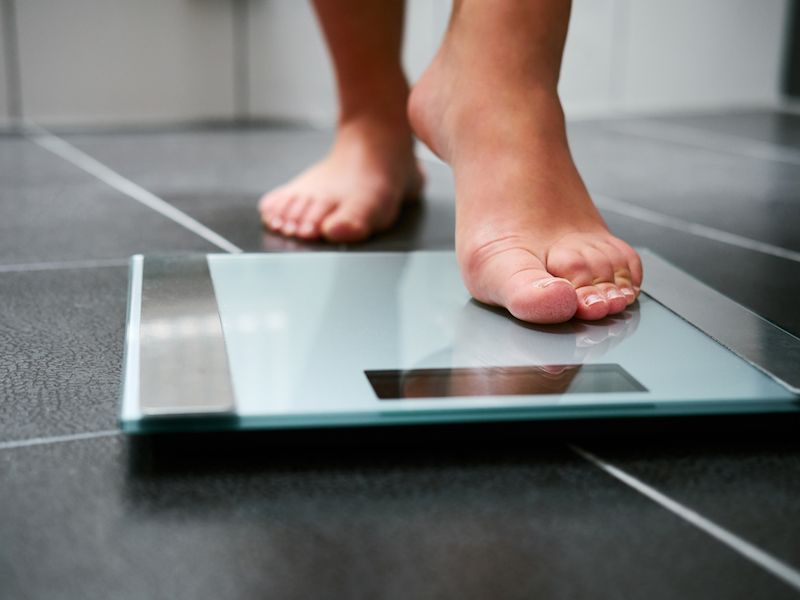
We’ve known for a long time that eating too much is harmful to our health, especially over longer periods of time. There are quite a few health conditions related to obesity. Heart disease, high cholesterol, diabetes, and you can add hearing loss to the list, as well. It’s estimated that approximately 48 million people in the U . S ., around 20% of the nation’s population, deal with hearing loss, and in adults it’s virtually twice that number, 93 million, are obese. Throughout the country, these staggering numbers indicate a serious health problem.
How Is Being Overweight Connected to Hearing Loss?
Numerous studies have demonstrated that loss of hearing and obesity have a relationship. Specifically what that link is, is still being investigated, it’s thought that being overweight is linked to hearing loss because of its effect on our circulatory system. Additionally, obesity is linked to diabetes and high blood pressure, which are also connected to loss of hearing.
Our inner ears are filled with tiny hairs that perceive sound in the ear. These hairs, called stereocilia, require a steady flow of blood and oxygen to work properly. Obesity confines the flow of blood in the body because the heart will have to work extra hard to get the blood to flow around the body, which means that your inner ear is working on less-than-optimal blood flow. This can irreversibly injury the ears. Diabetes, high blood pressure, and heart disease affect the inner ear in the same manner, because each of these illnesses adversely effects your circulation.
Keeping your weight in check is especially relevant as you get older since age-related hearing loss is also related to a high fat mass index. When you were younger, your body’s metabolism worked more efficiently and faster, which is the reason why you should try to formulate good habits when you’re younger and stick to those habits as you age.
Your hearing and your overall health are helped by a healthy diet.
Solutions For Obesity-Related Loss of Hearing
It’s possible that you may not be able to recover your lost hearing if it’s caused by obesity, nevertheless, so that you can figure out how considerable your loss of hearing is, it’s important to have your ears tested. If you have permanent injury, you may need a hearing aid or other device to start hearing correctly again.
If the injury is only slight, you might need to see your physician about creating a diet and exercise strategy to decrease the effect your weight has on your health before it gets any worse. Your doctor should set up a cardio intensive exercise regimen that will get your blood pumping and strengthen your general health. You will likely find that other aspects of your life also get better, mental health, for instance, since regular exercise will decrease depression according to many studies.
How to Prevent Obesity-Related Hearing Loss
A nutritious diet and a consistent exercise strategy are crucial to avoiding obesity-related disorders such as heart disease, diabetes, and high blood pressure. staying healthy can also help keep your hearing in superior shape. A good place to start is a consultation with a nutritionist who can help develop a strategy that’s personalized for you and is centered on helping you achieve your goals. The role of the nutritionist is to make certain you’re consuming the correct blend of nutrients in nutritious foods, foods that are high in iron, for instance, because of course, a lack of iron in your diet can worsen your loss of hearing and result in tinnitus.
Find out more regarding hearing loss and the treatments available to let you hear better.
